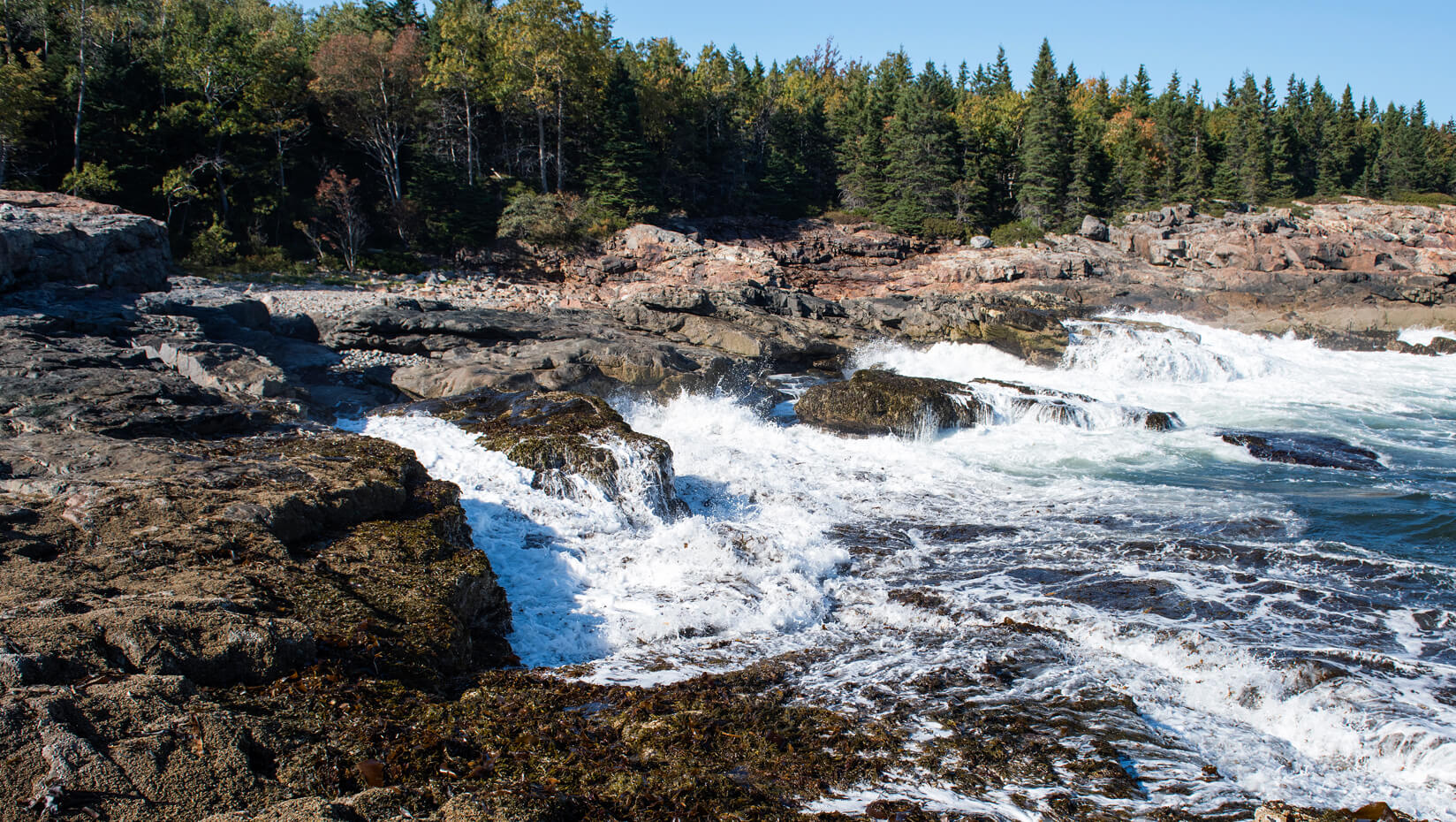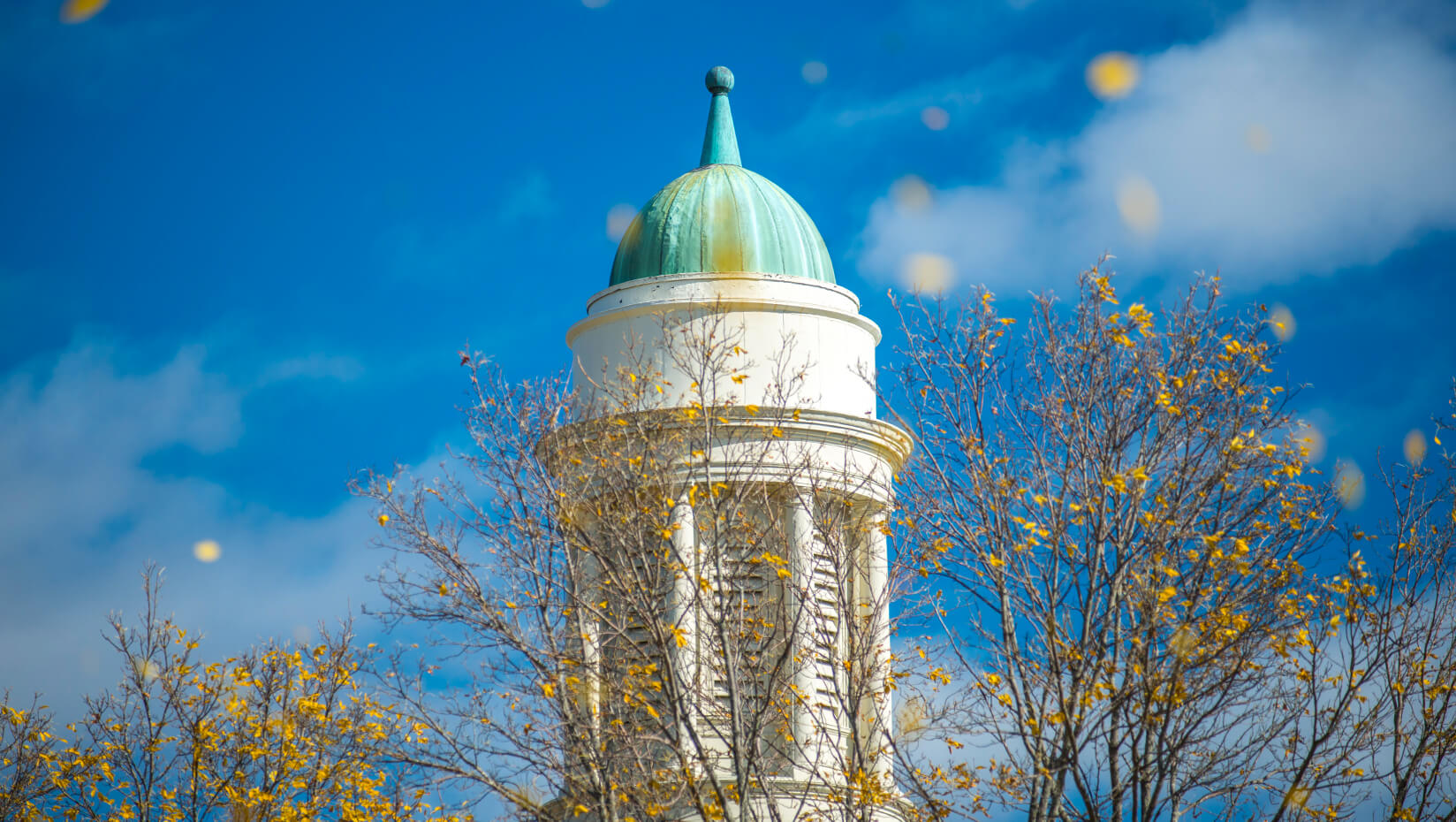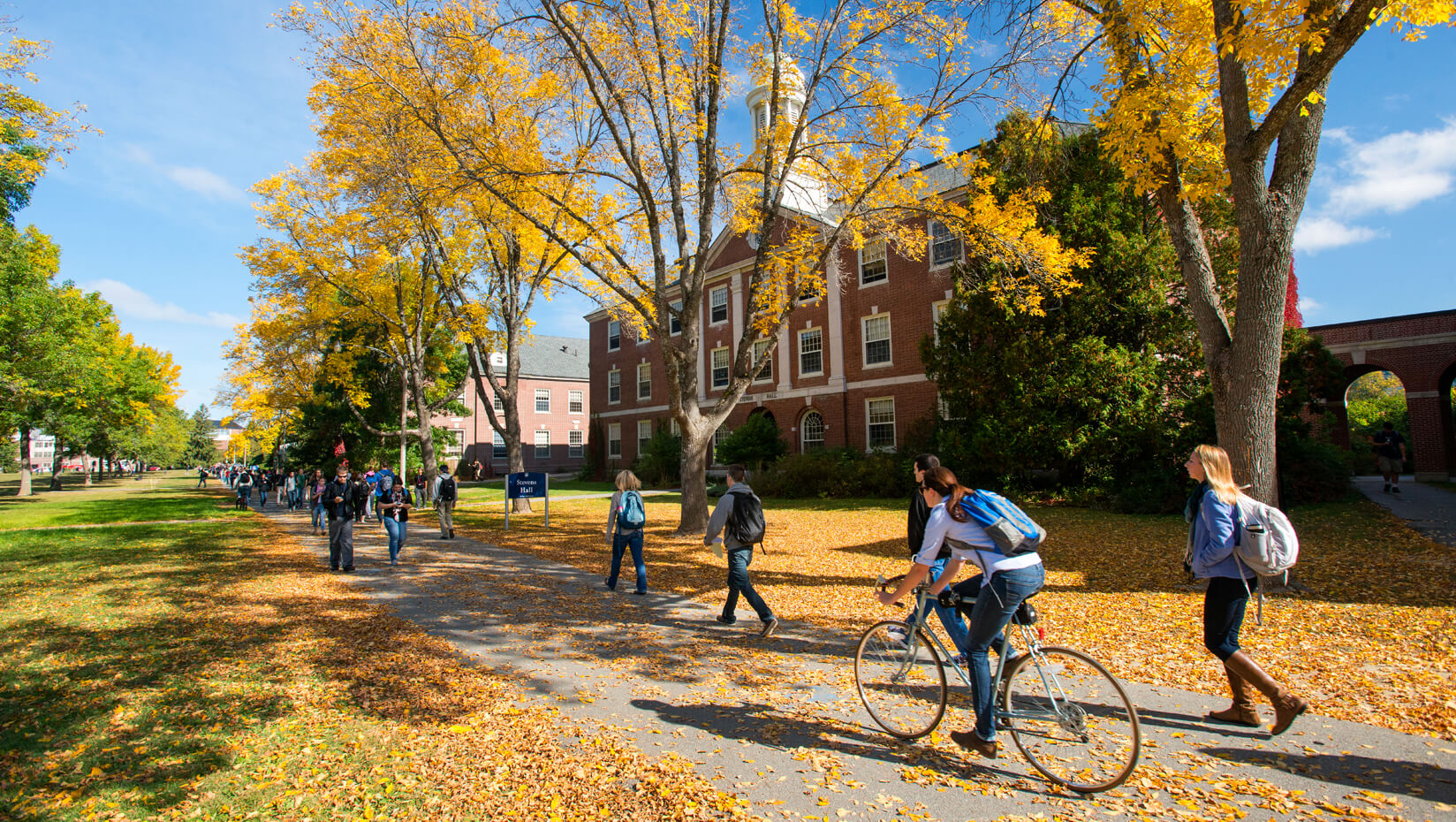Maine Sea Grant awards funds for three UMaine research projects
The Maine Sea Grant College Program has awarded funds to University of Maine faculty for three new research projects representing more than $500,000 in investment from the National Oceanic and Atmospheric Administration and matching sources. Hamish Greig, an assistant professor of stream ecology in the School of Biology and Ecology, plans to study the fate […]
Read more


